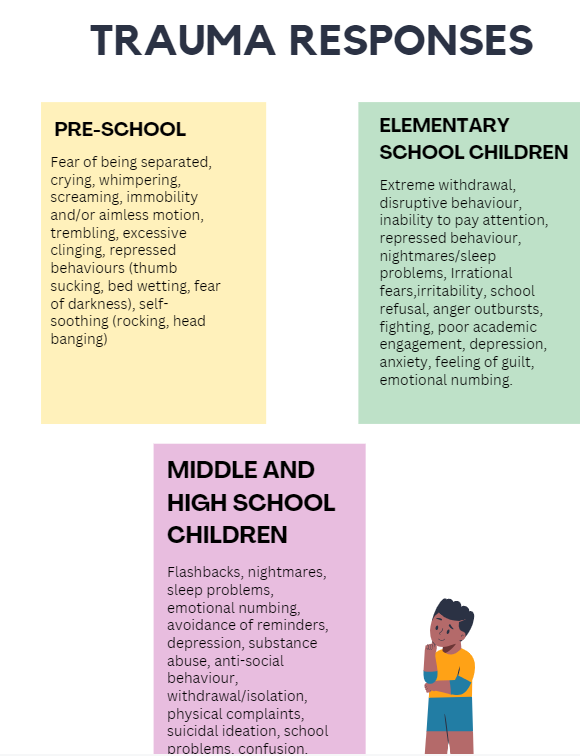Signs That Your Children Are Being Manipulated

How do I protect my children?
That's the most common worry prevalent amongst parents who are co-parenting with a narcissistic partner or ex.
There's good news.
You can spot the signs that the children are being manipulated.
You can do things to support your children. You can help your children to find their reality.
Why do narcissists manipulate their children?
Narcissistic people live in a permanent state of fantasy. They believe what they say and do is right. Their manipulation is a way to recruit their children into their fantasy.
e.g. A narcissist believes that you are a bad person for leaving him/her. Therefore, they will trash you to your children fracturing your relationship with your children.
The purpose of this process is for the narcissist to feel power and exert control over children. Narcissistic people instinctively weaponize children to gain power and control over you.
This is abusive behaviour. Children who go through this are facing child abuse although, it may not be often acknowledged.
But, you as the solid parent know this. And, that's why you often worry about your children and their well-being.
You are not crazy. You are being a loving parent.
What happens when children are manipulated:
- Children feel confused
- Children begin to doubt themselves
- Your relationship with your children is being fractured
- Children experience relational trauma
- Children lose trust in themselves and the world
- Children develop low self-esteem
- Children develop hypersensitivity to criticism
- Children develop anxiety, depression, and trust issues
- Children may develop narcissism in themselves
What manipulative behaviors are common in a narcissistic co-parent?
- Trashing you to your children
- Lying about you to your children
- They blame you for everything
- They share information that's only meant for adults with children
- They parentify children
- Use children as a communication method
- Hype up children about events before discussing them with you
- Hype up children about things and never see them through (i.e. promising them a big holiday but never planning it)
- Share the narcissist's sad stories and do it in a way that makes children feel responsible for the parent
- Getting angry and blaming the children for it (e.i. "Look what you have done! You just made me angry")
- Monitoring or blocking the conversation with the solid parent
- Isolating children from their support
- Disrupting a co-parent's visitation time with calls, asking for swaps, and turning up at your house unannounced
How do you recognize the signs of manipulation in your children?
- Feeling agitated when they return from the narcissistic co-parent's house
- Children refuse to spend time with you when they return to your house
- Children accuse you of different things (i.e. they say things like, you are mean to mummy/daddy)
- Children begin to complain about wanting to go back to the other parent
- Children say things like you are not their real mum or dad
- Children withdraw or act out aggressively at your home
Below are some other signs and expressions of trauma. Not every event of manipulation causes trauma, however being exposed to manipulation regularly over a prolonged period could cause "drip, drip trauma" or small T trauma.

How do you support your children?
- Listen and validate your children
- Be consistent when welcoming children home
- Have a welcoming ritual that lights up your child/children
- Regulate yourself before welcoming them so you can co-regulate with your children
- Stick to the parental plan
- Maintain respectful communication with the narcissistic co-parent
- Document the changes of behaviour that you notice in your children and all the other breaches of childcare arrangements
- Get professional help for children
How do you support yourself?
- Don't personalize accusations
- Take the power away from blackmailing by being honest to the court about past mistakes
- Prioritize self-care
- Use an app to communicate
- Share childcare plan with a trusted relative or friends
- Have a plan B, C, and a D in case the childcare arrangements fall through
- Get professional support for you
I send out weekly newsletters to my audience with tools and tips including EFT tapping videos and occasional offers. If you would like to receive, please sign up.
Thank you for subscribing!
Have a great day!
